Brazil Senate Approves New Gambling Advertising Restrictions
The Brazilian Senate has approved new legislation introducing a range of restrictions on gambling advertisements, triggering strong reactions from both the betting industry and the country's sports sector. The bill, Bill 2,985/2023, was fast-tracked to a Senate vote after the Communication and Digital Law Committee, which was supposed to review it, had not yet been established. As a result, the Senate Plenary proceeded with the legislative process and voted in favor of the proposal.
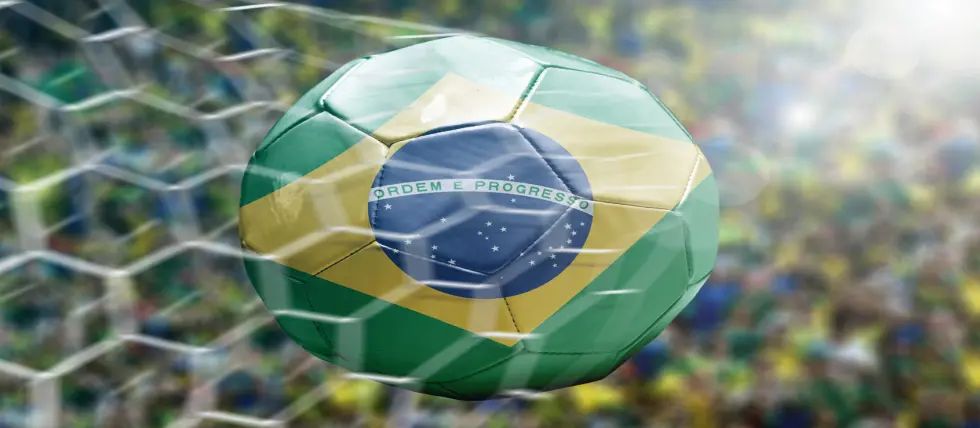
Approved last week by the Brazil Sports Commission, the bill places significant limits on betting advertisements. This includes a ban on celebrity endorsements and strict controls over the times during which betting content can be aired.
Related: Brazilian Senator Demands End to Regulated Sports BettingSponsorship visibility at sporting events has also been curtailed, though not entirely prohibited. Sen. Carlos Portinho introduced amendments to the bill before the Senate vote, eliminating an original clause that would have implemented a complete advertising ban. The revised version permits limited forms of sponsorship and designated advertising time slots in both broadcast and digital media.
Under the new framework, betting advertisements during live sports broadcasts will be prohibited. Furthermore, the use of celebrities, social media influencers, and active athletes in gambling promotions is now restricted. Only athletes who have been retired for at least five years may be used in such campaigns.
Media advertising will be limited to specific hours—between 7:30 p.m. and midnight for television and online media, and from 9 a.m. to 11 a.m. and 5 p.m. to 7:30 p.m. for radio. While static advertising in sports venues is banned, an exception is made for operators who are official sponsors of a team or stadium, with each team limited to one sponsor featured on team kits.
Sen. Portinho defended the bill by stating that the gambling sector had failed to self-regulate adequately, necessitating government intervention. The legislation now awaits further legislative procedures and implementation as Brazil continues its transition toward a more structured and regulated gambling environment.
More Regulation News
Sports Clubs Fight Back
Despite the amendments, the Brazilian betting industry has voiced deep concern over the bill's impact. Udo Seckelmann, head of gambling and crypto at the law firm Bichara e Motta Advogados, emphasized that the initial proposal for a blanket ban would have been disproportionate and misaligned with the regulatory framework established under Law No. 14.790/2023. He said the changes made to the bill were necessary to mitigate backlash and ensure the sustainability of Brazil's newly regulated gambling market.
The Brazilian Institute for Responsible Gaming (IBJR) issued a statement highlighting fears that the stringent restrictions would hinder communication between legal operators and consumers. The IBJR argued that such limitations could create a vacuum filled by unlicensed operators, undermining efforts to guide users toward safer, regulated platforms. The institute also warned that weakening the legal market's visibility would harm public education on responsible gaming practices.
Major soccer clubs in Brazil have also opposed the restrictions. In a joint statement published by several top-tier teams, clubs warned that the limitations could result in economic losses estimated at approximately $281 million.
The statement described the proposed regulations as a prohibition masked as a limitation, suggesting that the ban on static advertising within sports venues would strip clubs of essential revenue streams. The clubs further noted that many have already entered into long-term contracts with betting operators, which now face termination or renegotiation under the new legal regime.
In addition to potential financial losses, clubs cautioned that the legal implications of breaking existing sponsorship agreements could lead to disputes and liabilities. Smaller teams, in particular, were identified as being at greater risk of economic hardship due to their heavier reliance on gambling sponsorships. The threat to these revenue channels, they warned, could jeopardize the survival of many clubs across the country.
Seckelmann also pointed to international case studies, noting that similar measures elsewhere have not achieved the intended public health outcomes. He referenced Italy's 2018 Decreto Dignità, which implemented a sweeping ban on gambling advertising. According to Seckelmann, data from Italy showed no significant decrease in problem gambling while legal operators lost ground to unregulated platforms that continued to attract users without oversight.
RELATED TOPICS: Regulation
Most Read
Must Read
 Interviews
Interviews
Sweepstakes Casinos: Thriving in an Ever-Changing Industry – Interview with Attorney Stephen C. Piepgrass
Feb 17, 2025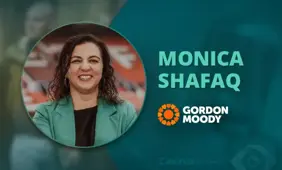 Interviews
Interviews

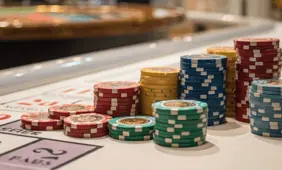
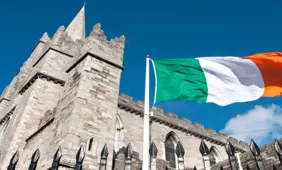
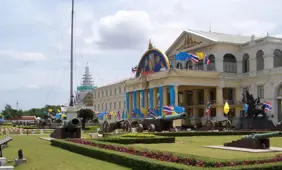


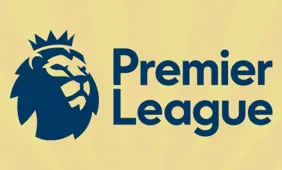

Review this New Post
Leave a Comment
User Comments
Comments for Brazil Senate Approves New Gambling Advertising Restrictions